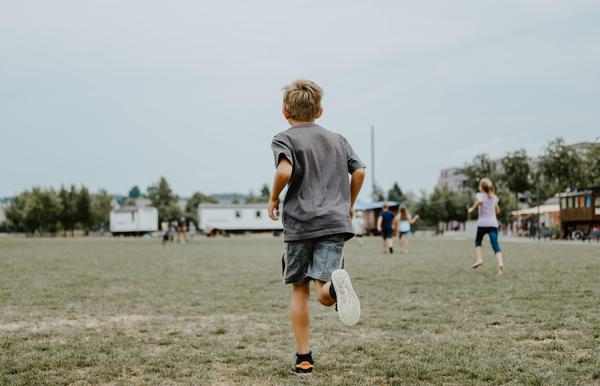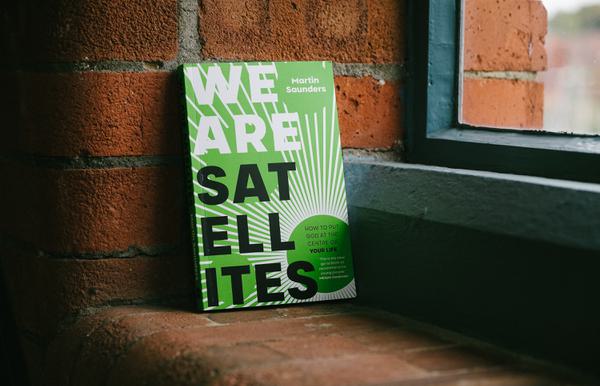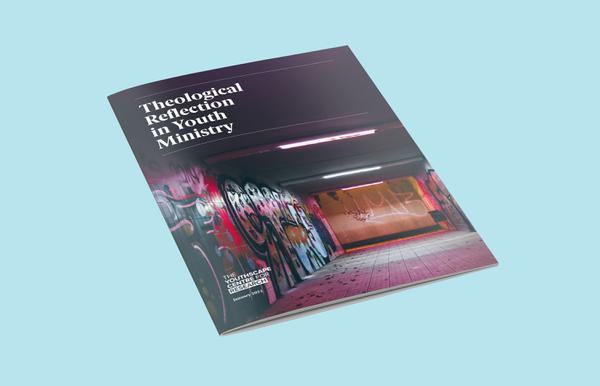We all want to feel in control – but when can that desire become dangerous for our youth work? How can we empower young people instead of controlling them?
Research suggests that Generation Z – those born after 1995 – feel less in control of their futures than previous generations.[1] Add to that going through a global pandemic, and it’s no wonder that young people and youth workers alike may feel out of control. We might all be floundering for something to regain that control, in both healthy and unhealthy ways. But how might that need for control affect our youth work practice?
Psychologists have long held that a perception of being in control of one’s life is important for human thriving. Indeed, research has shown that a need for control is experienced as early as infancy, suggesting that this may be an intrinsic biological drive.[2] It is no surprise then that feeling out of control leaves us scrambling for ways to regain it. We might try to exert control by establishing routines of exercising and eating healthily, or by keeping a tidy and organised space. However, as we know, this can also turn unhealthy, leaving us obsessed with controlling our weight and looks, or obsessively cleaning and getting upset when something is out of place.
Another way that we might seek to regain a sense of control is to exert it over those around us. As youth workers, when we see young people seemingly all over the place, it might be tempting to step in and take control. There is a sense of grounding and security in being needed. In being able to push aside our own problems and focus on someone else’s. And we usually have the best of intentions. However, unless we are aware and reflective of the variety of dynamics taking place in our relationship with young people, we might accidentally cause harm, despite our best intentions.
Young people exist in a range of spaces where there is a skewed power balance; at home, at school and at after-school activities. When we enter the life of a young person as a youth worker, we represent another such relationship. This power imbalance can be used for harm or for good. To control or to empower. Young people will be looking to us for acceptance, for love and care, for support. We have the power to give this, or to withhold it. To include young people in our youth work activities, or to exclude them. These power imbalances, although not conscious, will be at the back of the mind of young people when we ask them for something or as we give them advice. “Will me saying no to this affect my social standing in the group? Will it affect the level of which I am able to engage in future youth group activities? Will the youth worker think less of me if I don’t follow their advice?”
The question then is, how do we use our power and influence to create healthy spaces that empower young people rather than control them? Here’s four things we can do.
1. Foster awareness
Set aside time regularly to reflect on your recent interactions with young people. Write down specific questions to ask yourself and try to be as honest as possible, whilst remaining non-judgemental. If you notice times where you have attempted to control or influence young people to take a certain path, examine it. Notice the emotions you brought into the interaction. Notice the feelings that arose in you during it. What were your motivations? What was going on for you and how might that have affected the interaction? What can you learn from that experience?
2. Ask questions
Use questions to empower young people to make their own decisions, rather than telling them what to do. As you ask questions to help them think through a dilemma or a course of action, you are not only allowing them to make the current decision on their own, but you are also teaching them questions to ask themselves to make decisions in the future. This way, you are encouraging independence from you as a youth worker, whilst also teaching young people to trust their own emotions and opinions.
3. Don't take yourself too seriously
Recognise all the expertise the young people themselves come with and how much you as a youth worker can learn from them. By fostering a space where it is safe to disagree and question what you as a youth worker say without getting defensive, you are fostering critical thinking skills. This will serve them well in all areas of life, including when encountering unhealthy interactions or relationships in the future.
4. Talk about it
And finally, not only is it helpful for us as youth workers to be aware of power and control in our interactions with young people, but it could be really empowering to discuss this with young people themselves as well. By giving young people a language to describe the relational dynamics of power, you provide a space for young people to honestly explore the relationships in their lives. This might even give room for disclosures that might otherwise go unnoticed. Honest discussions around power dynamics might also give you valuable feedback about your youth work practice that you can then bring into your time of reflection.
Coming out of a global pandemic, where we have felt entirely out of control, is likely to have manifested itself in a variety of strategies to regain some sense of control. It’s impossible to fully predict what emotions coming back into face-to-face youth work will elicit in us, or even how we will be coping with a “back-to-normal” whilst trying to process the strain of the last two years. Fostering practices to safeguard against unhelpful expressions of our need for control in our youth work then, might be even more crucial than before. Especially if this might provide people with an even safer place to process their lack of control, and the ways in which they have strived to regain it.
We've launched a whole library of youth work resources as part of BRAVE – check it all out here.
References
[1] Millenium Cohort Study; iGen by Jean M. Twenge.
[2] Leotti, L. A., Iyengar, S. S., & Ochsner, K. N. (2010). Born to choose: The origins and value of the need for control. Trends in cognitive sciences, 14(10), 457-463.











